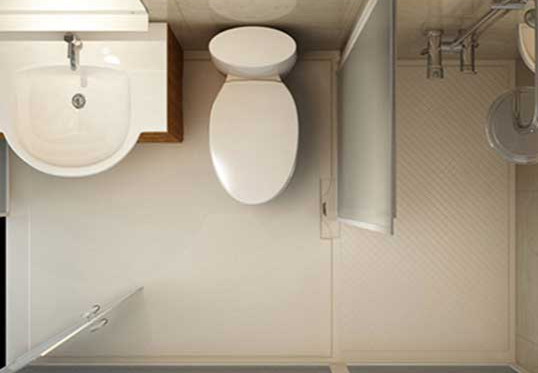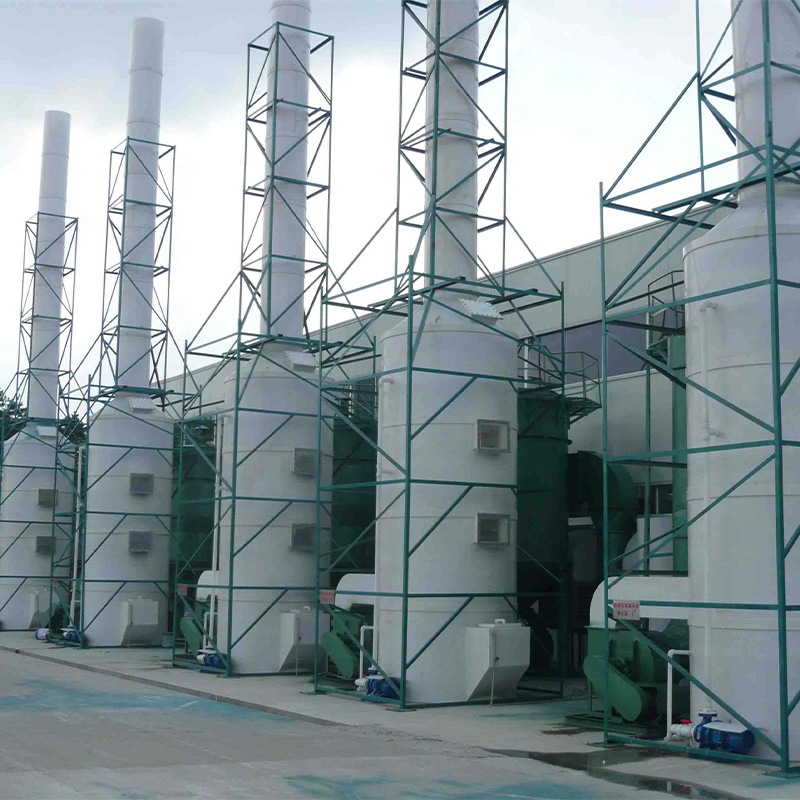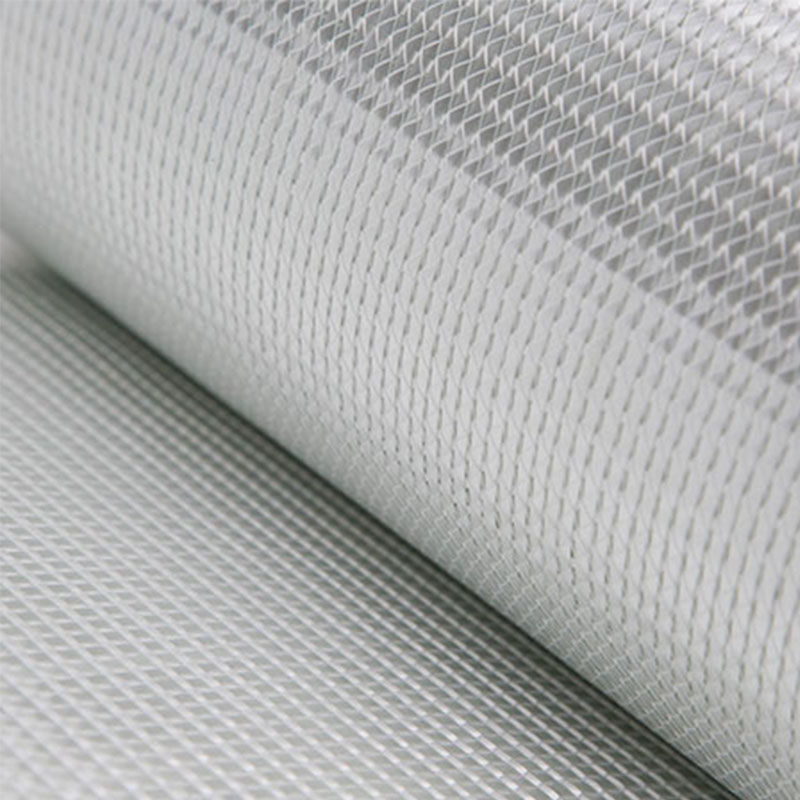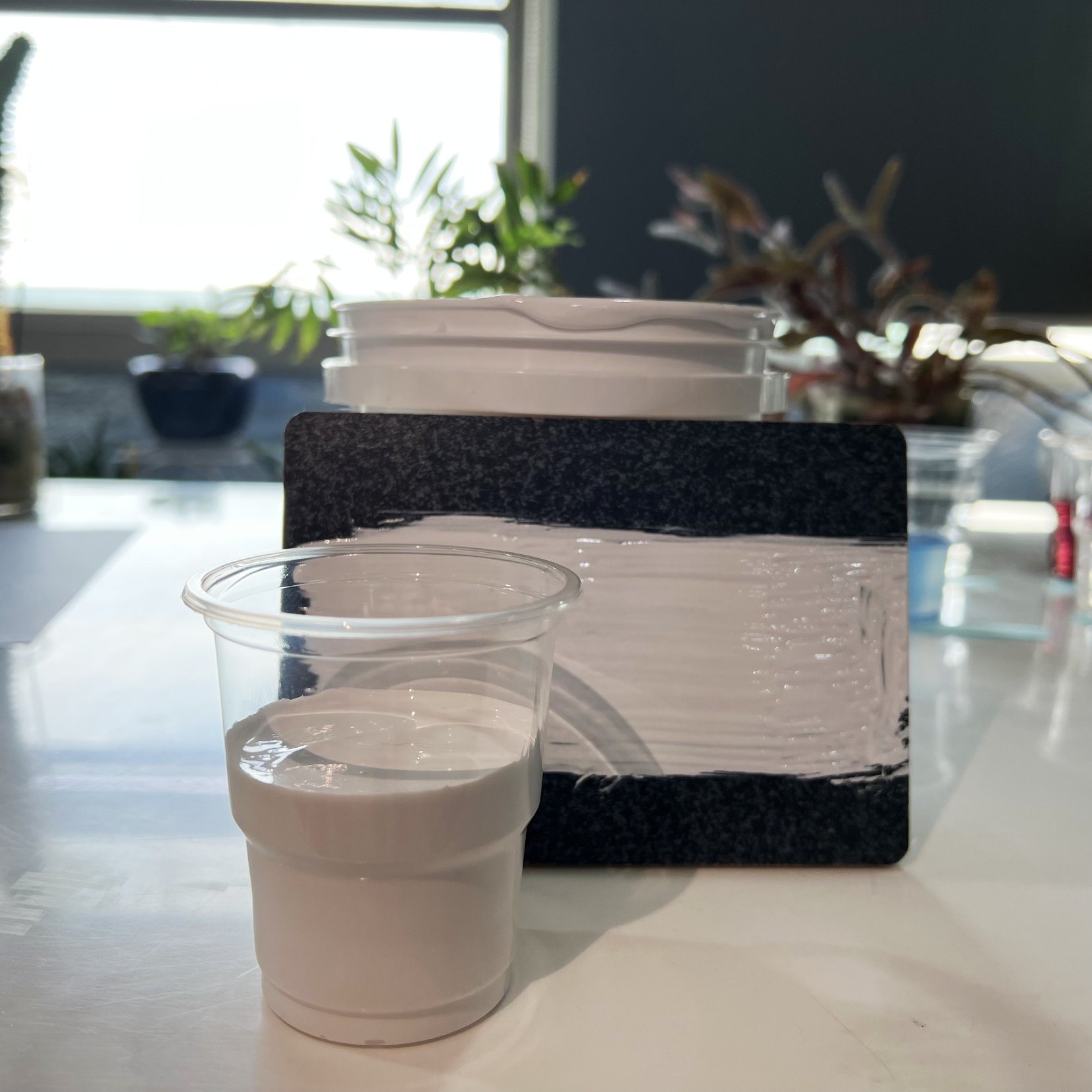What Sets SMC Material Apart: Exploring Its Composition and Diverse Applications
 Aug 25, 2023|
Aug 25, 2023| View:342
View:342In the realm of advanced materials, Sheet Molding Compound (SMC) stands out as a versatile and high-performance option that finds applications in various industries. SMC material is a composite that offers a unique blend of strength, durability, and flexibility, making it a preferred choice for manufacturers and engineers. In this article, we will delve into what SMC material is, how it is composed, and the wide array of applications where it excels.

What is SMC Material and How is it Composed?
Sheet Molding Compound (SMC) material is a type of composite that consists of a combination of resins, reinforcement fibers, and various additives. The composition of SMC can vary depending on the specific application requirements, but the core components remain consistent:
Resin Matrix: The primary component of SMC is a thermoset resin matrix. Polyester resins are commonly used due to their excellent mechanical properties, thermal stability, and ease of processing. Other resins like vinyl ester and epoxy can also be used for specialized applications.
Reinforcement Fibers: To enhance mechanical properties, SMC is reinforced with fibers such as glass, carbon, or aramid. These fibers provide strength, stiffness, and impact resistance to the material.
Fillers and Additives: Various fillers and additives are incorporated into the SMC mixture to achieve specific characteristics. These can include flame retardants, impact modifiers, colorants, and stabilizers.
Release Agents: SMC materials are typically manufactured using compression molding techniques. To facilitate easy release from molds, a release agent is applied to the mold surface before molding.
How SMC Material Sets Itself Apart:
High Strength-to-Weight Ratio: SMC materials offer exceptional mechanical strength while remaining lightweight. This property is particularly advantageous in applications where weight reduction is critical.
Corrosion Resistance: SMC materials are highly resistant to corrosion, making them ideal for use in environments where exposure to chemicals, moisture, and harsh weather conditions is a concern.
Design Flexibility: The manufacturing process for SMC allows for complex shapes, intricate detailing, and integrated features in the final product. This design flexibility opens up possibilities for innovative designs.
Electrical Insulation: SMC materials exhibit excellent electrical insulation properties, making them suitable for applications where electrical conductivity or interference must be minimized.
Diverse Applications of SMC Material:
Automotive Industry: SMC materials are used to manufacture components like bumpers, body panels, and exterior trims. Their combination of strength, lightweight, and design flexibility contributes to improved fuel efficiency and safety.
Electrical and Electronics: SMC materials are employed in the production of electrical enclosures, insulators, and housings due to their electrical insulation properties and resistance to electrical interference.
Aerospace and Aviation: SMC materials find applications in aircraft interiors, cargo containers, and exterior components. Their strength, fire resistance, and lightweight contribute to enhanced aerospace performance.
Construction: SMC materials are used to create durable and aesthetically pleasing architectural elements such as façade panels, claddings, and decorative features.
Renewable Energy: SMC materials are used in the manufacturing of wind turbine components, such as nacelles and rotor blades, due to their durability, corrosion resistance, and ability to withstand harsh environmental conditions.
Conclusion: Advancing Industries Through Innovative SMC Materials
Sheet Molding Compound (SMC) material stands as a testament to the remarkable potential of composite materials. Its unique composition, coupled with its exceptional properties, has propelled SMC to the forefront of various industries. From automotive innovation to aerospace advancements, SMC material continues to play a pivotal role in transforming the way we design, manufacture, and utilize a diverse range of products. As technology evolves and manufacturing techniques improve, the applications of SMC material are expected to expand even further, driving progress and innovation across multiple sectors.



 salesyomi@rulecomposite.com
salesyomi@rulecomposite.com






